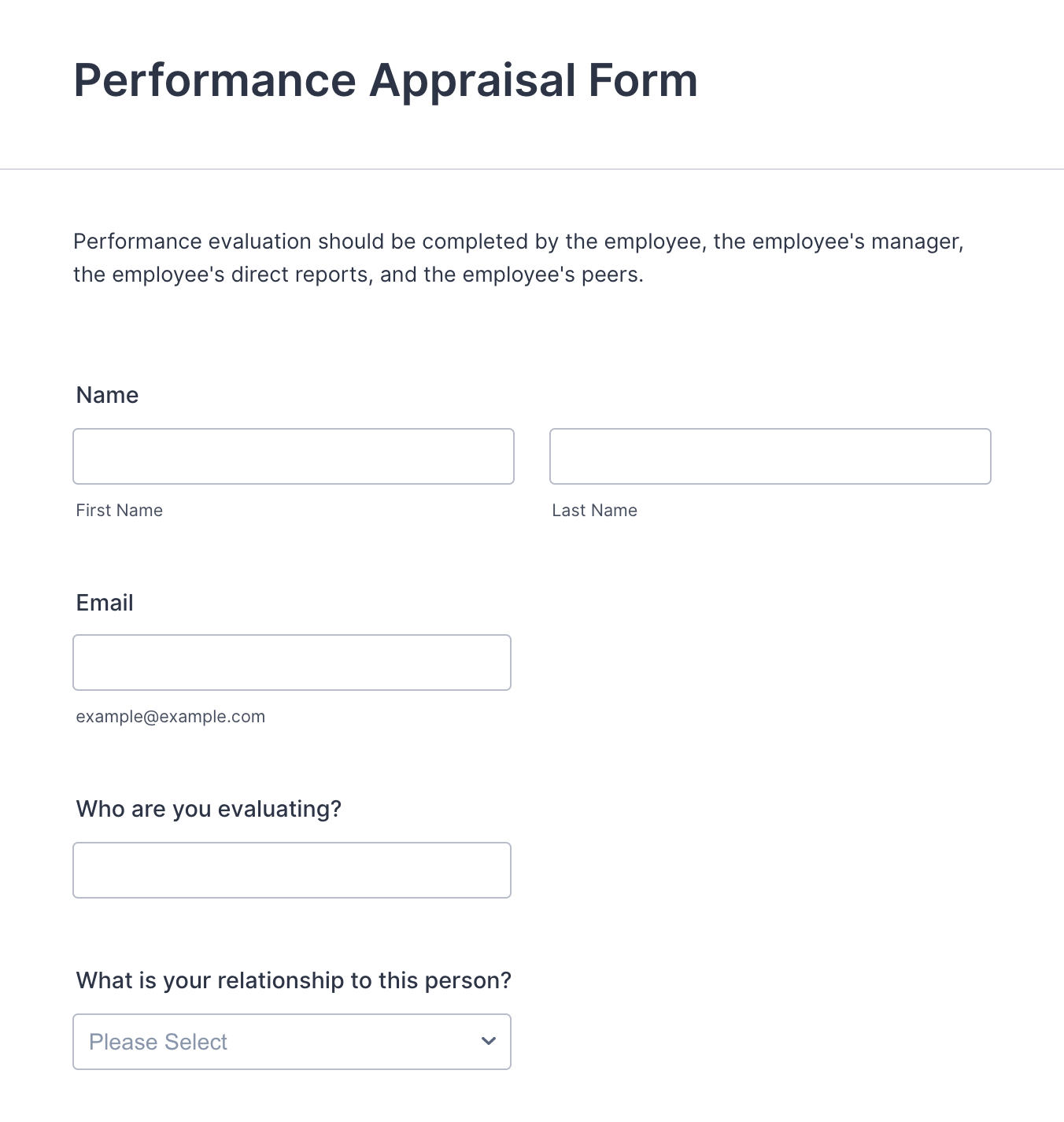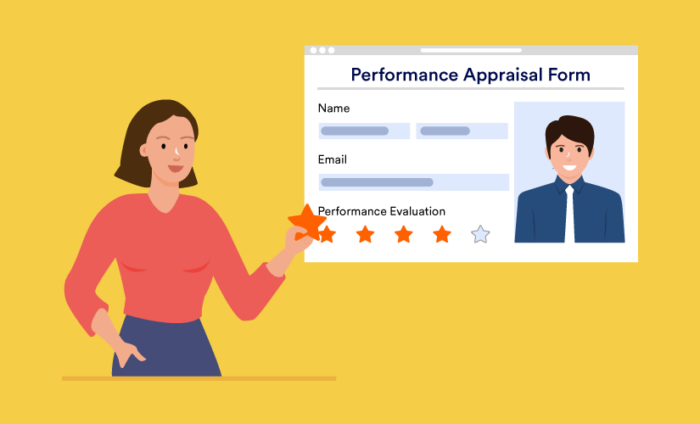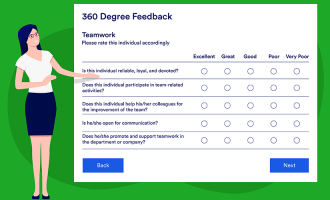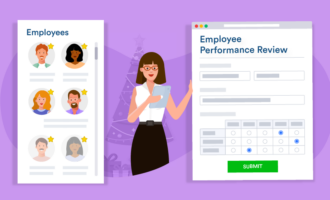HR professionals take note: People who feel motivated by the employee performance review process at their organizations represent only 14 percent of the workforce. If it’s been a while since you’ve taken a good look at your current system, chances are it’s not working as well as you think.
Changing your process might sound daunting, but it really only takes a few tweaks to make things easier on both you and the employees you serve. After all, a positive employee experience begins with a competent human resources department.
It’s paramount to make sure you’re always considering how your organization can enhance the employee experience. Here are eight tips that will get you on the right path to improving your employee performance review process.
Set clear expectations
The purpose of an employee performance review process is to make sure a company’s staff is doing their jobs successfully. However, many employees feel out of the loop when it comes time to evaluate their work. A calendar invitation from their manager at review time can stir up dread if they’re unsure what the manager expects of them.
Don’t let performance review week be the most tense time of the year at your office. Before review time rolls around, send a guide to all employees that outlines what they can expect.
Make sure to provide a timeline of important dates, and remind managers to block off their calendars if they have several reviews to conduct. If there are any forms that managers and employees need to fill out, let everyone know at least a month ahead of time so they aren’t in a rush to complete them.
Invest in the right tools
Many HR departments want to improve their performance reviews, but they may not be able to invest much of their company’s budget. Thankfully, this isn’t a problem with free or low-cost software and tools like Jotform.
While a manager should conduct a final conversation with an employee either in person or via video call, both parties can handle the process prior to that with online forms. Jotform has over 230 employee evaluation forms that you can customize for your company’s needs.
Plus, if you expect your employees to solicit feedback on their performance from coworkers, make it easy on them with performance appraisal forms. They can quickly share the forms with colleagues, managers, and HR, and the forms will be safely stored in the cloud and available whenever someone needs to access them.

Automate the process
Some companies may find it useful to automate parts of the employee performance review process to create a more seamless experience. This can be helpful when multiple employees are involved with a single review or when certain approvals are required to move the process forward.
You can easily automate approvals by using a performance appraisal approval process template. Set up a unique approval flow, create new steps, and set conditions based on your company’s evaluation process. Everyone will get emails along the way when it’s their turn to complete a task. This will allow your HR team to keep plugging away on other important tasks — even during the busy performance review time.
Give employees and managers extra time
It’s shocking how much personal time employees donate to their companies. A recent report by law firm Wright Hassall reveals that Americans are working an extra nine hours or more each week, and 52 percent of them aren’t getting overtime pay. If companies are creating a performance review process that only adds to that extra work, it probably won’t go over well.
Give employees a specific time span that they should dedicate to reviews. Cancel recurring meetings, suspend weekly reports, or do whatever you can to free up their time to make room for evaluations. If performance reviews are an important part of your business strategy, make that known by making them easier to complete.
Make sure your managers are prepared
If you’ve ever had a one-sided review conversation with a manager, you probably didn’t feel very valued as an employee. If a manager goes into the employee performance review process thinking they should be in the driver’s seat, remind them that it’s important to let their employees speak too. HR should check in with managers ahead of time to make sure they’re ready to conduct a successful review.
Consider setting up a training that walks first-time managers through how to conduct a performance review. This should also be a time for employees to evaluate how they think they performed, so leave room for self-evaluation and prepare your managers to sit back and listen.
Reveal any negative feedback ahead of time
Most employees would prefer not to be blindsided by a negative review. Not only can it be a bit humiliating, but employees can feel like they’re being attacked if they haven’t had time to collect their thoughts and explain themselves.
It should be standard practice to send a performance improvement plan (PIP) in writing to the employee prior to having their in-person review. This document should outline why the manager has created the plan, what the manager expects of the employee over the next few months, and whether this can affect the employee’s job or compensation in any way in the future.
This is a major part of building and maintaining respect between your managers and employees — if it’s not already part of your process, it will improve morale tremendously.
Hold reviews at least twice a year
One mistake companies often make is not holding reviews frequently enough. If review time only comes up once a year, it’s unlikely you’ll be able to accurately monitor progress. If you think back to your priorities a year ago, they’re probably quite a bit different than they are now.
Holding biannual or quarterly reviews gives everyone a chance to shift their priorities and expectations if the need arises. If you have reviews more often, it can also help alleviate some of the anxiety around the employee performance review process. It should feel commonplace for managers and their employees to take a pulse check.
Collect employee feedback on the process
The final stage of the employee performance review process for HR should always be collecting feedback. Without vital input from employees, companies run the risk of forcing people to take part in a process that doesn’t work for them. This creates resentment and, above all, goes against the main purpose of reviews.
Your company should build the whole process around making your employees’ time at work more productive, enjoyable, and conducive to the company’s overall success.
With all of these tips in mind, your company will be in a much better place when it comes time to evaluate performance. And who knows — your employees may even start looking forward to getting this essential feedback.
























Send Comment: